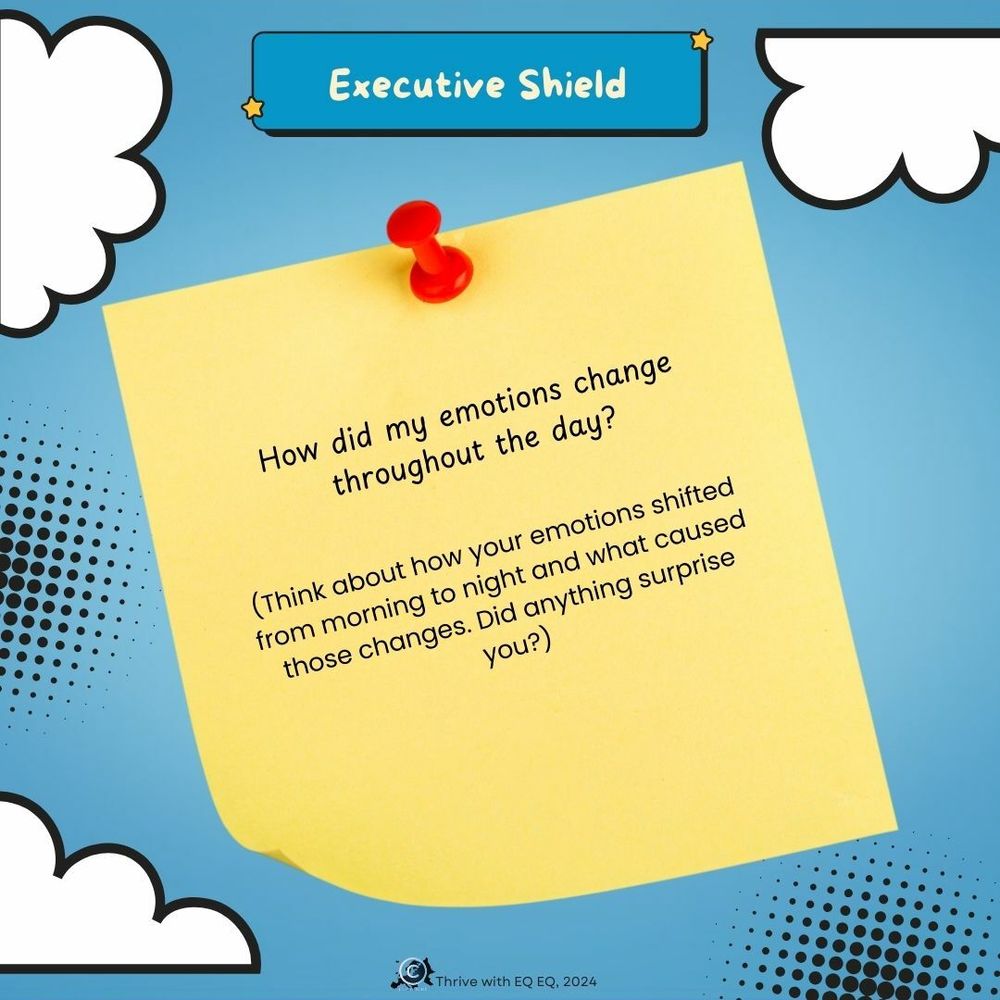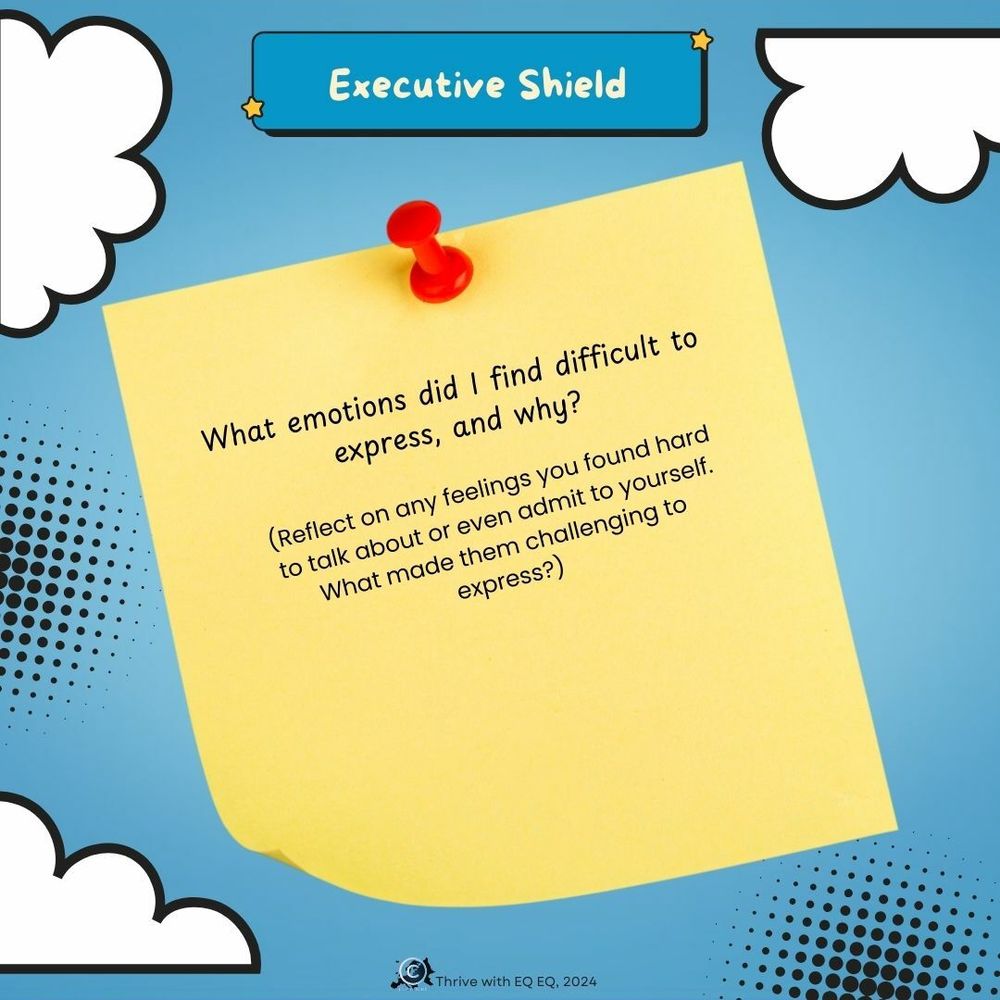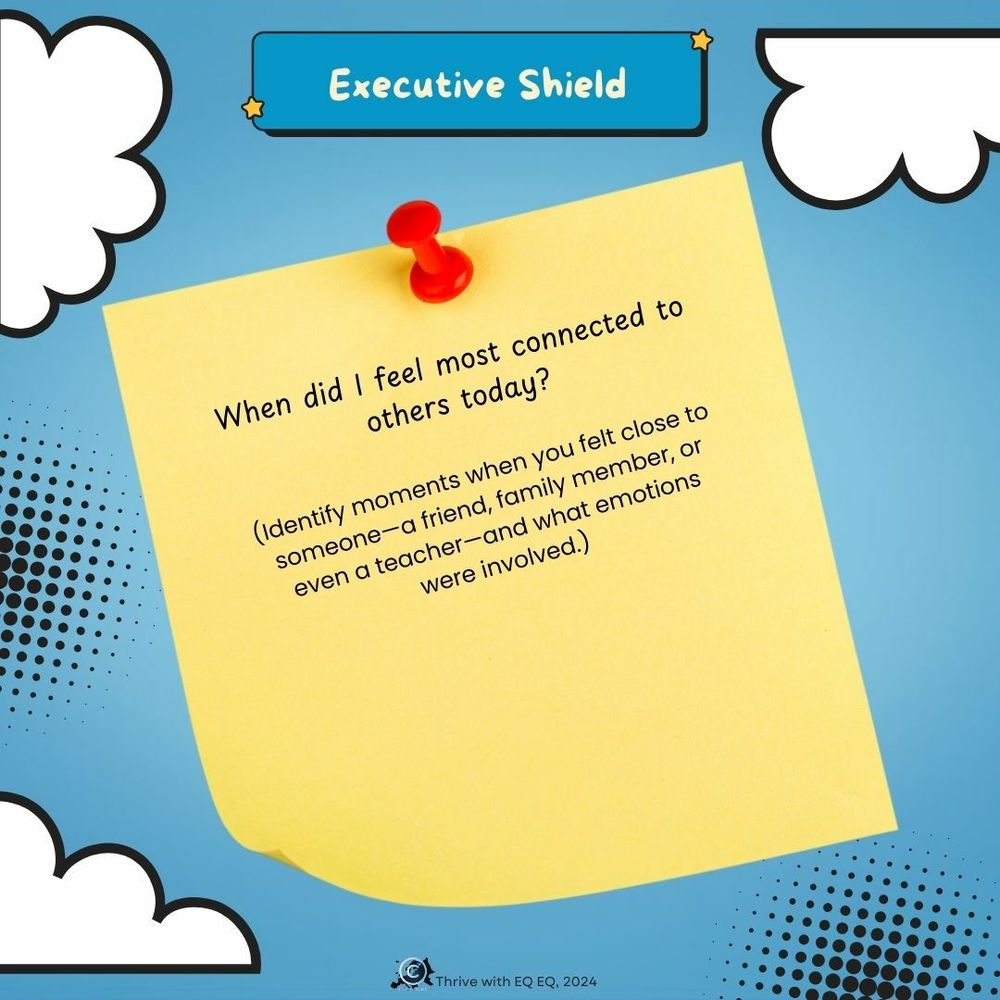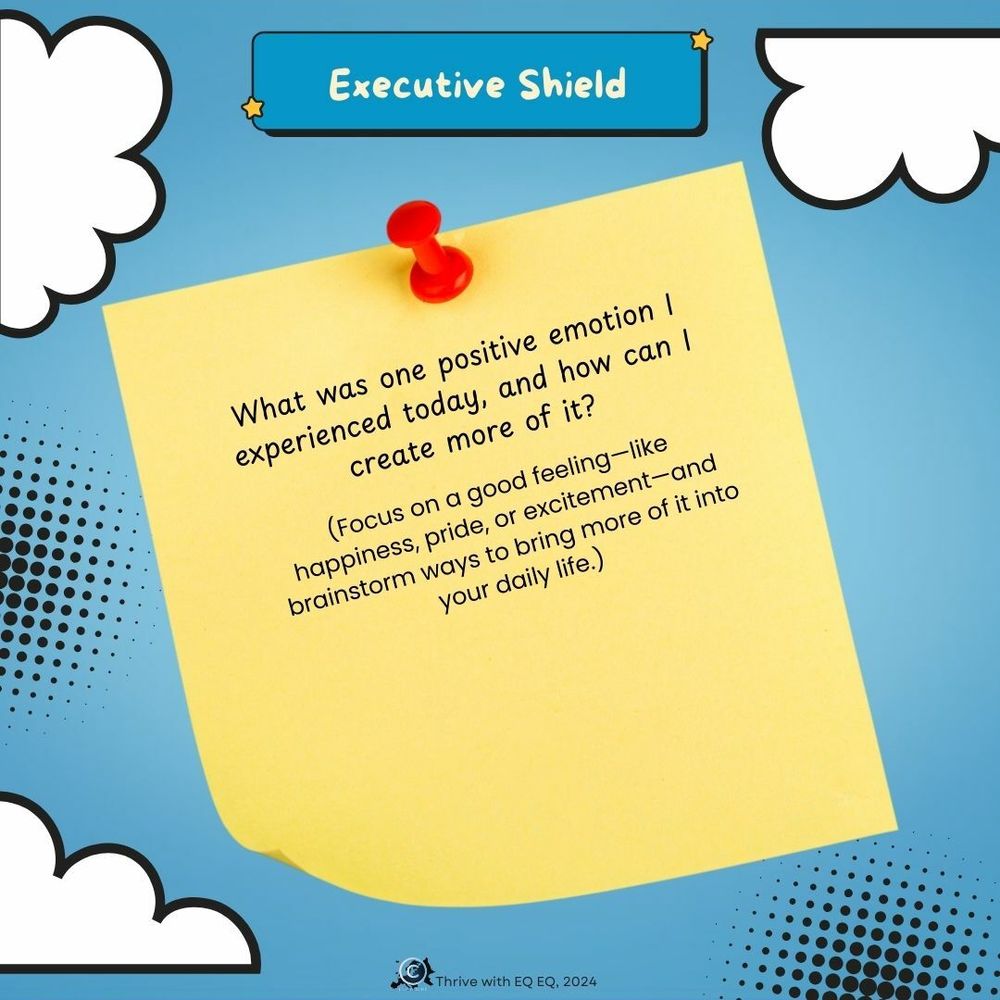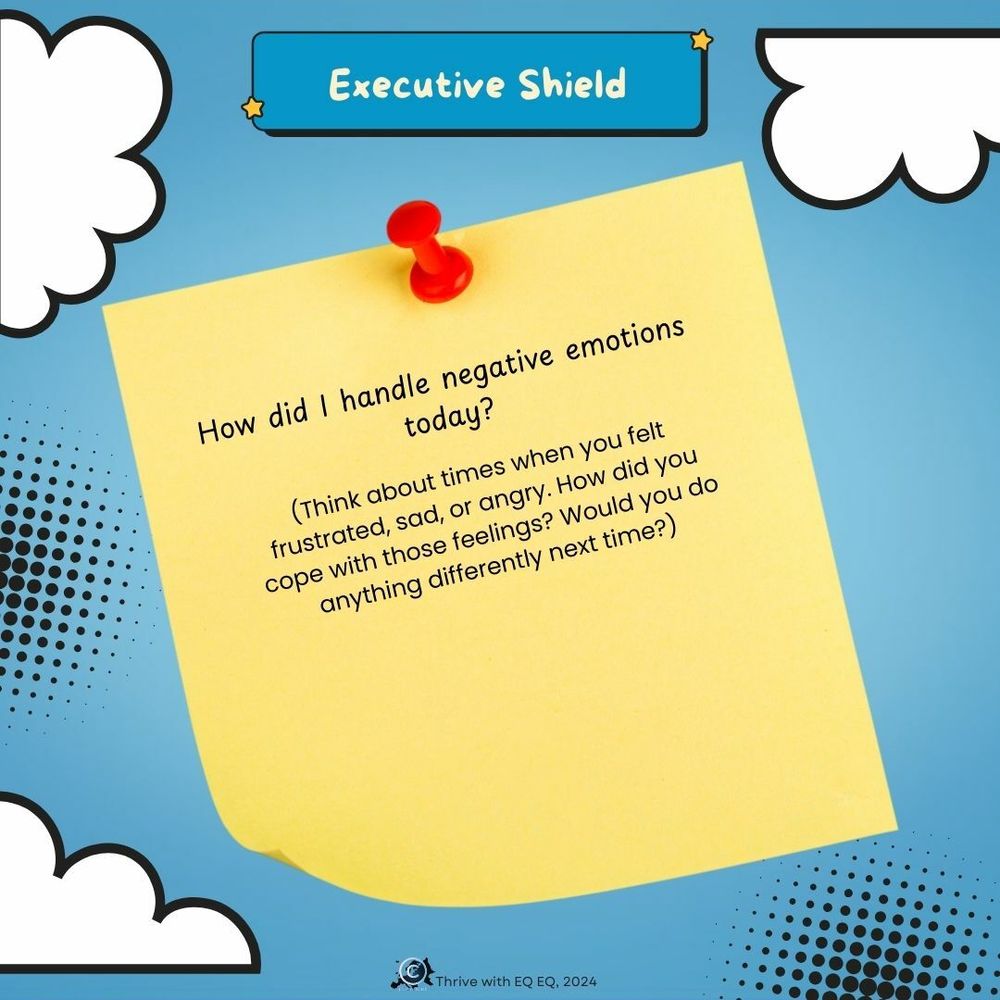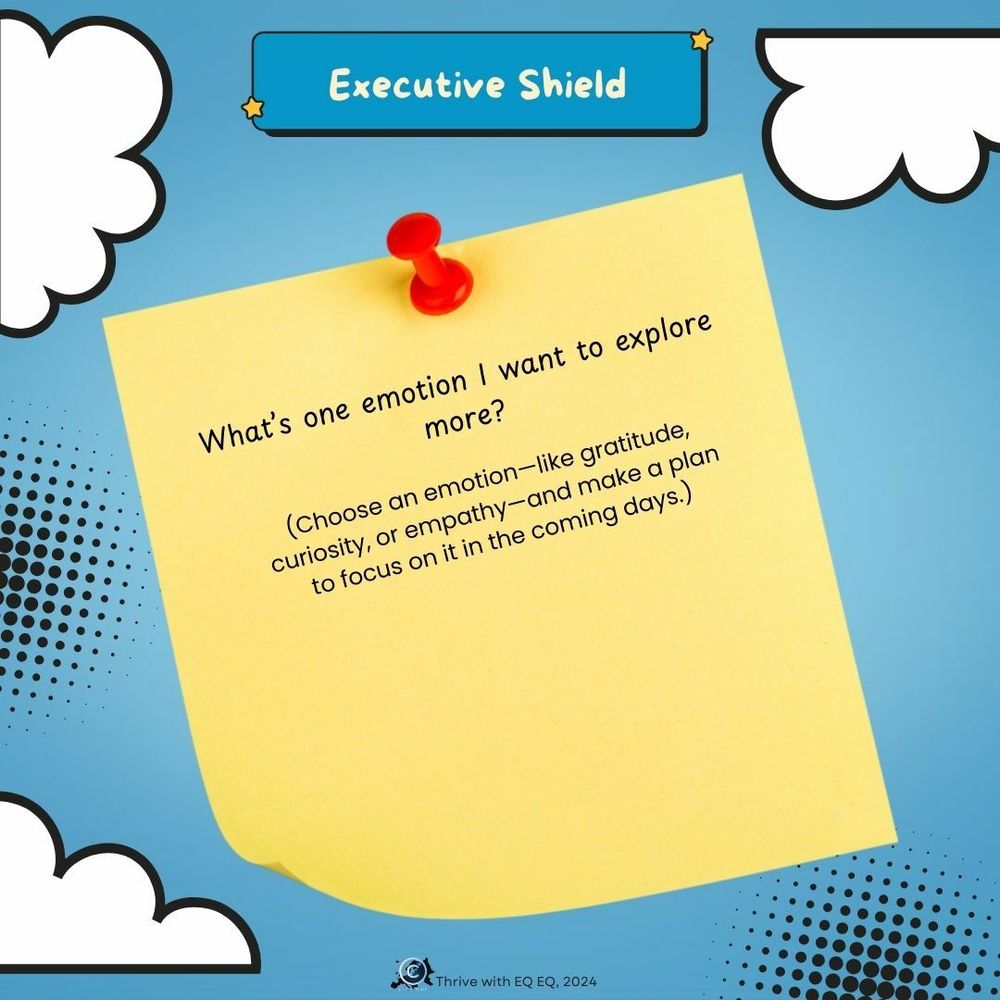Welcome back to Day 15 of your 30-Day Emotional Firewalls Challenge for Senior Executives!
Today marks the halfway point in our journey, and it’s the perfect time to focus on a critical leadership skill: emotional intelligence (EQ).
Emotional intelligence is the ability to recognize, understand, and manage your own emotions, as well as those of others. In the context of leadership, EQ is the key to building strong, effective teams, fostering a positive organizational culture, and navigating complex interpersonal dynamics. It’s not just about being aware of emotions—it’s about using that awareness to make better decisions, communicate more effectively, and lead with empathy and insight.
The Core Components of Emotional Intelligence (EQ-i 2.0 Model):
1. Self-Perception: The ability to recognize and understand your own emotions. This includes self-awareness, self-regard, and an accurate assessment of your strengths and weaknesses, contributing to inner confidence.
2. Self-Expression: The ability to express your emotions effectively and assertively. This involves being open, honest, and confident in communication, while maintaining emotional independence and authenticity.
3. Interpersonal: The ability to develop and maintain healthy, productive relationships. This includes demonstrating empathy, fostering strong interpersonal connections, and contributing positively to your team and organization.
4. Decision Making: The ability to use emotional information to guide decision-making. This includes impulse control, reality testing, and effective problem-solving, ensuring emotions enhance rather than hinder your decisions.
5. Stress Management: The ability to cope with challenges and pressures. This involves managing stress, staying adaptable in the face of change, and maintaining an optimistic outlook to remain resilient.
Applying Emotional Intelligence in Leadership:
Emotional intelligence is not just an individual skill—it’s a key factor in effective leadership. Leaders who are self-aware, regulate their emotions, empathize with others, and communicate clearly create stronger, more cohesive teams. By focusing on these core components, you can enhance your leadership effectiveness, build trust, and create a culture of openness and resilience within your organization.
Identifying Areas for Growth:
As a leadership team, it’s important to reflect on where you excel and where there’s room for improvement in terms of emotional intelligence. Perhaps your team is strong in decision-making but could improve in stress management, or maybe interpersonal relationships are solid, but self-expression needs work. Identifying these areas allows you to focus your efforts on continuous development.
Action Item for This Week:
As a leadership team, choose one component of emotional intelligence to focus on improving this week. Whether it’s enhancing empathy, practicing better self-regulation, or strengthening communication, commit to supporting each other as you grow in this area.
By mastering the principles of emotional intelligence, you’re not just improving your own leadership skills—you’re fostering a more connected, resilient, and effective organization. As we move forward in our challenge, these EQ skills will be the foundation of your leadership, helping you navigate both strategic and interpersonal challenges with confidence and care.
See you tomorrow for Day 16 of the Emotional Firewalls Challenge!


